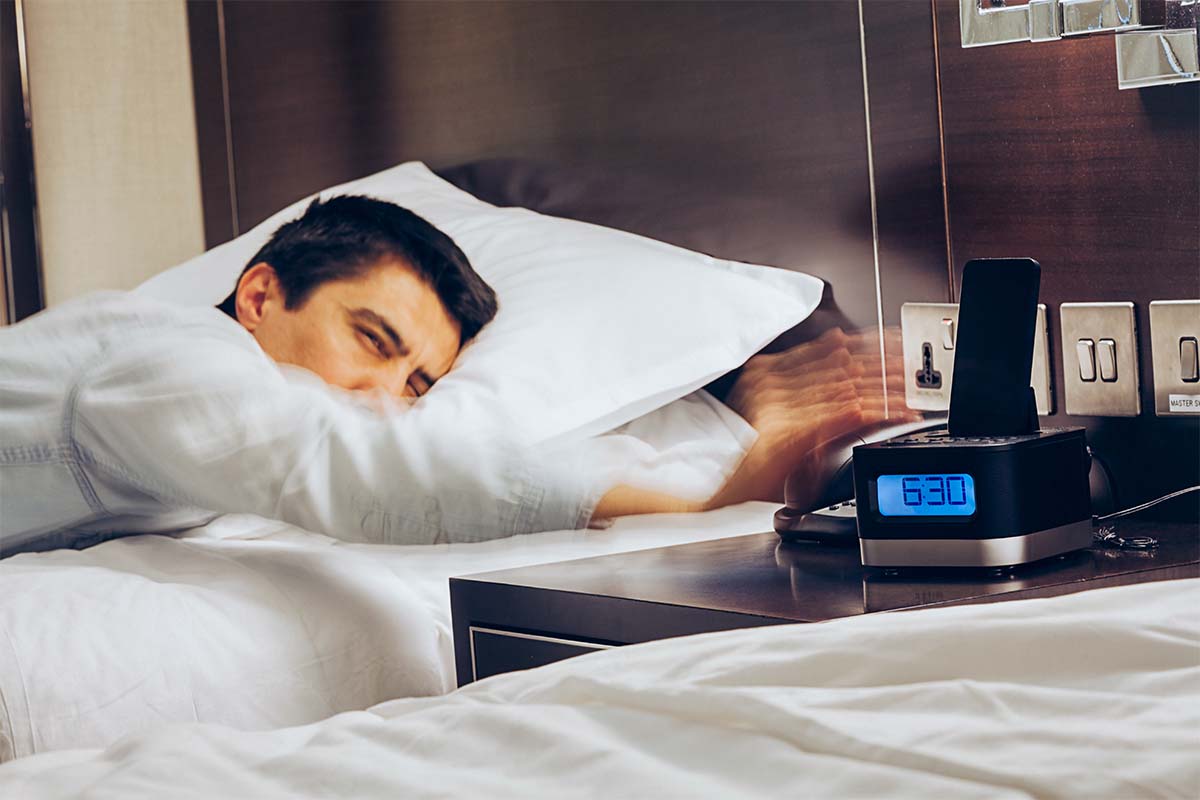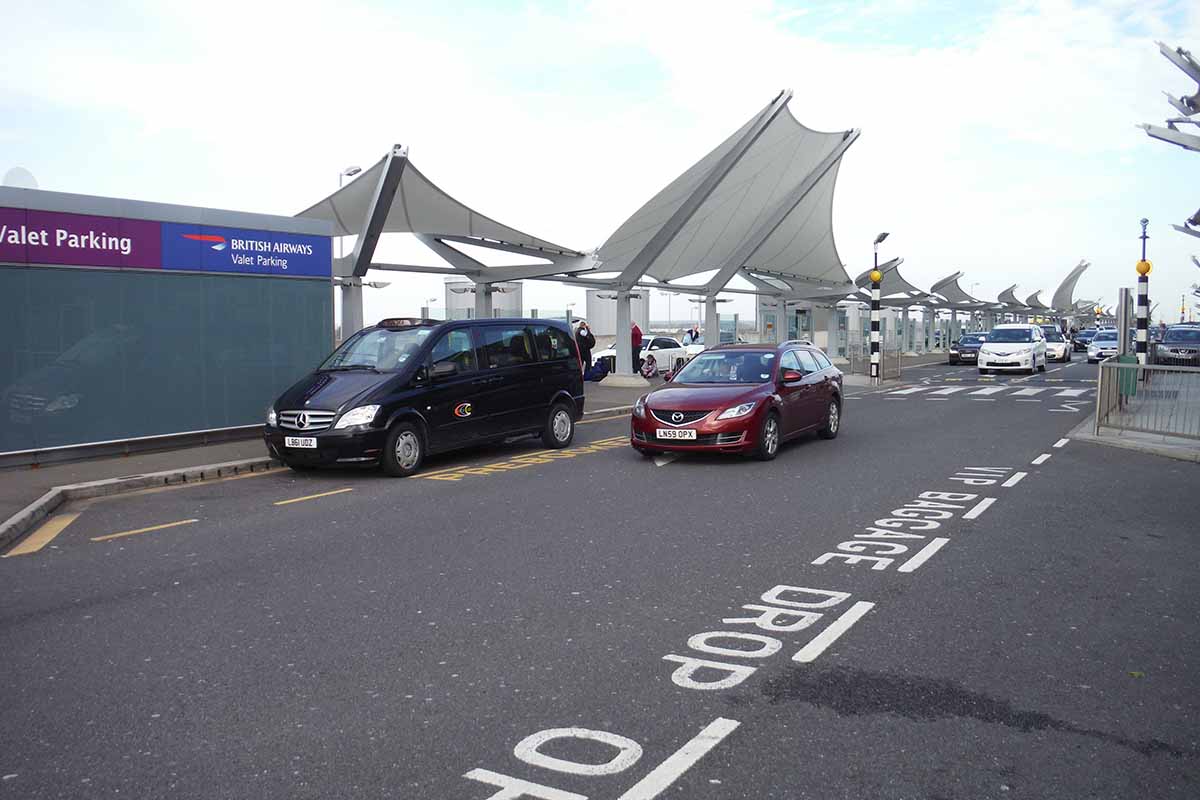As the conventions of travel change during the COVID-19 pandemic, I mourn the loss of airline magazines and sympathize with (but worry about) the proliferation of airport fees.
One cost-cutting measure that I applaud? The end of the hotel alarm clock.
At the recent Americas Lodging Investment Summit, this was actually a major topic of conversation. “The key thing is we have to be able to figure out how to service our guests at the end of the day. And the vast majority of our owners would agree with us,” said Liam Brown, Marriott group president for the U.S. and Canada (as noted by The Points Guy). “It’s been a wonderful opportunity to look at some of those things that are historic in nature and have no application in terms of the real life we live in today.”
So while free breakfasts and loyalty programs were discussed — along with the challenges of hotel occupancy that can swing from 10-90% during a pandemic — we’re going to focus on the alarm clock.
Travel sites are showing a mixed response. View From a Wing is against the possible removal of the clocks. “People may be able to use their phones as alarm clocks, though try teaching some older guests to do that (they may have smart phones but that doesn’t mean they know how to use their apps),” as Gary Leff writes.
As a counterpoint — and one I wholeheartedly agree with — Ben Schlappig at One Mile at a Time notes that older guests would probably rely on wake-up calls instead, alarm clocks tend to go off when the previous guest sets them (and then forgets them), they rarely state the correct time, they’re too bright and, as a shared device, they’re kind of gross.
I could keep going: Most of these alarm clocks are outdated, seemingly built around the time of the first iPods (you try use that “docking” station). They’re ridiculously hard to program and then trust that you programmed them correctly. Also, they’re hard to unplug and often tethered in a way so they can’t be removed or put away.
Suggestion: If you’re not offering bedside tablets that control all the features in your room (and probably include a digital alarm clock app), offer very simple alarm clocks as an option during the reservation or check-in process; if a guest for some reason pockets one, it’ll get charged to the card on file (as part of those “incidental charges”).
(As for travelers? If you’re not using your phone, we have some options for alarm clocks if you’re willing to bring your own along.)
And since the majority of guests are using that 10-year old clock simply as a way to tell the time and not as an alarm, make it more useful: If you must have them on the nightstand, make them available with USB ports or wireless charging pads. Or, you know, just do away with them and have charging ports or even just an outlet for the phone near the nightstand; 83% of respondents on a recent survey report “being frustrated if an outlet isn’t near them, directly by their bed or nightstand, when staying at a hotel/motel.”
Thanks for reading InsideHook. Sign up for our daily newsletter and be in the know.

















